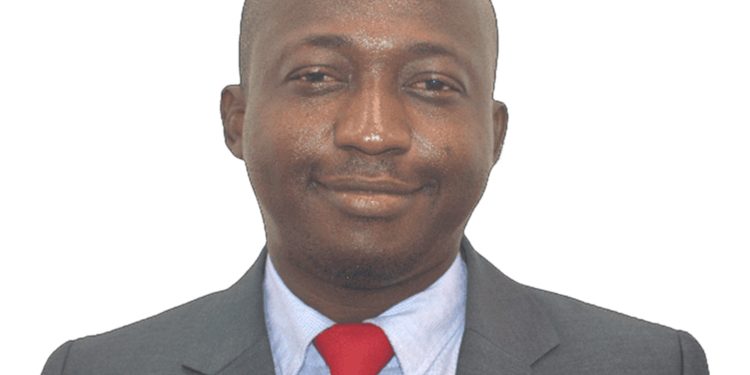By Hassan Osman Kargbo
For decades, Sierra Leone was celebrated as the “Athens of West Africa” because of its strong educational foundations, particularly its higher institutions. Today, however, stakeholders argue that the education system, from basic to tertiary level, is struggling to deliver meaningful progress and reform.
One of the loudest voices raising the alarm is the Opposition Chief Whip in Parliament, Hon. Abdul Karim Kamara, who has repeatedly criticized what he calls the government’s mismanagement across key sectors including education, health, agriculture, and infrastructure. His latest revelation has sparked heated debate: the alleged sale of staff quarters belonging to Fourah Bay College (FBC), one of the oldest and most respected universities in West Africa.
According to Hon. Kamara, the reported move to sell the FBC staff quarters is both reckless and unacceptable. He argued that such properties are state assets, owned collectively by the people of Sierra Leone, and therefore cannot be transferred to individuals under the guise of ownership claims. He described the action as an assault on the nation’s educational heritage and a direct threat to the already fragile learning environment at the university.
The opposition lawmaker further revealed that the university administration has defended the sale, claiming that the properties are being offered to former staff members. Hon. Kamara, however, dismissed this explanation, insisting that the quarters are public assets built and maintained through state resources, and not private estates. In his view, allowing such a precedent would open the door for the sale of other government properties, thereby undermining the long-term public interest.
“The quarters at Fourah Bay College do not belong to any individual,” he declared. “They belong to the state and to the people of Sierra Leone. Selling them is not only indefensible, it is dangerous. It erodes trust in public institutions and mortgages the future of our children.”
Hon. Kamara went on to highlight what he called the government’s lack of foresight in managing state resources. He expressed concern that there appears to be no plan to replace the facilities that are being disposed of, leaving gaps that will negatively affect both staff welfare and student learning conditions. He warned that if such practices continue, Sierra Leone risks losing critical assets across all sectors, creating long-term setbacks for development.
The Chief Whip concluded by calling on all relevant authorities, including Parliament, civil society organizations, and education stakeholders, to intervene urgently. He stressed that the sale of the FBC quarters must be halted and that broader steps must be taken to preserve educational infrastructure for future generations.
“This situation is simply unacceptable,” he said. “We must defend our institutions and safeguard the learning environment. If we fail to act now, we will be complicit in eroding one of our nation’s greatest legacies.”
As the debate continues, the fate of the FBC staff quarters remains uncertain, but the controversy has reignited public scrutiny over the government’s stewardship of education and other critical sectors.











